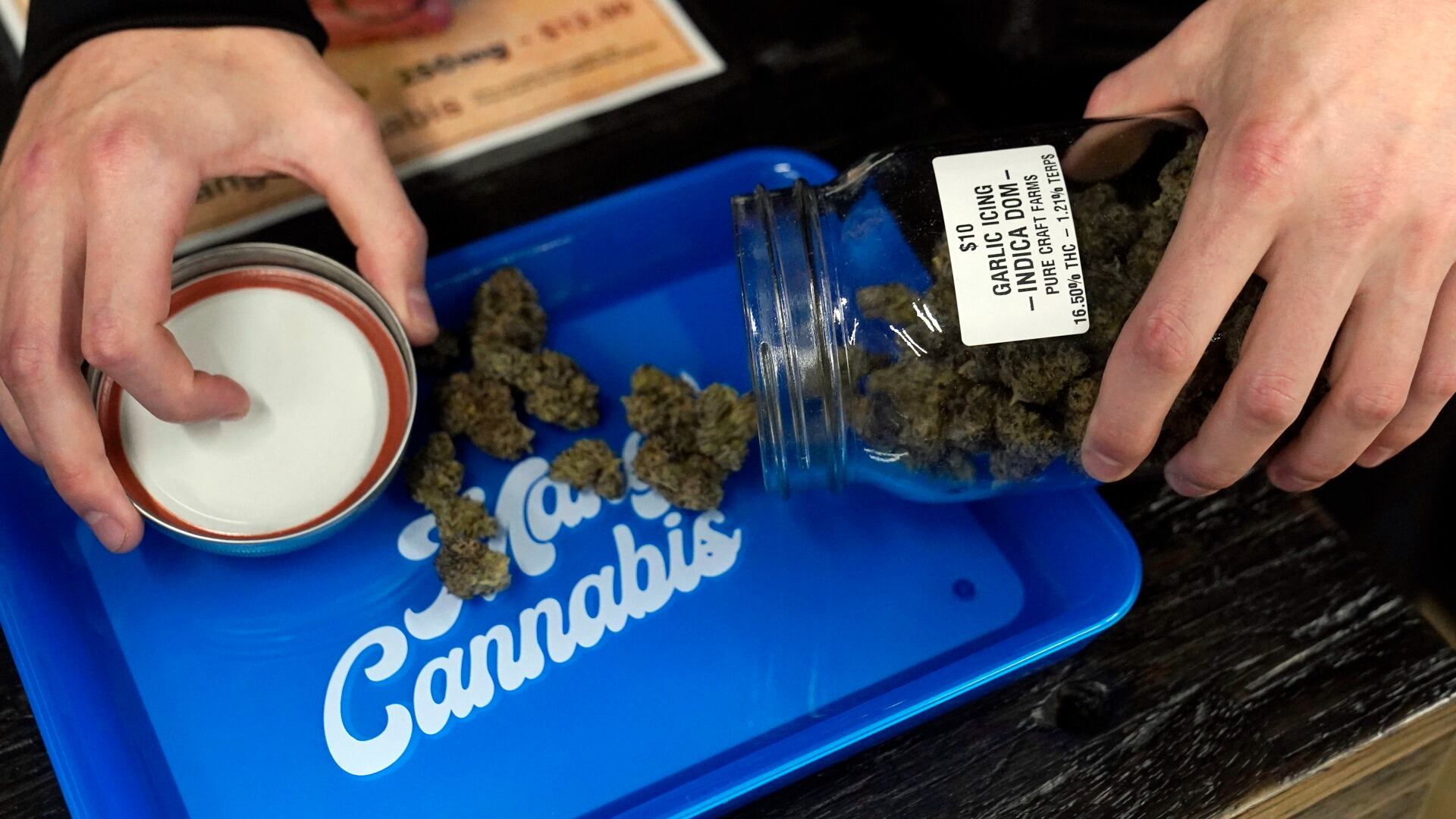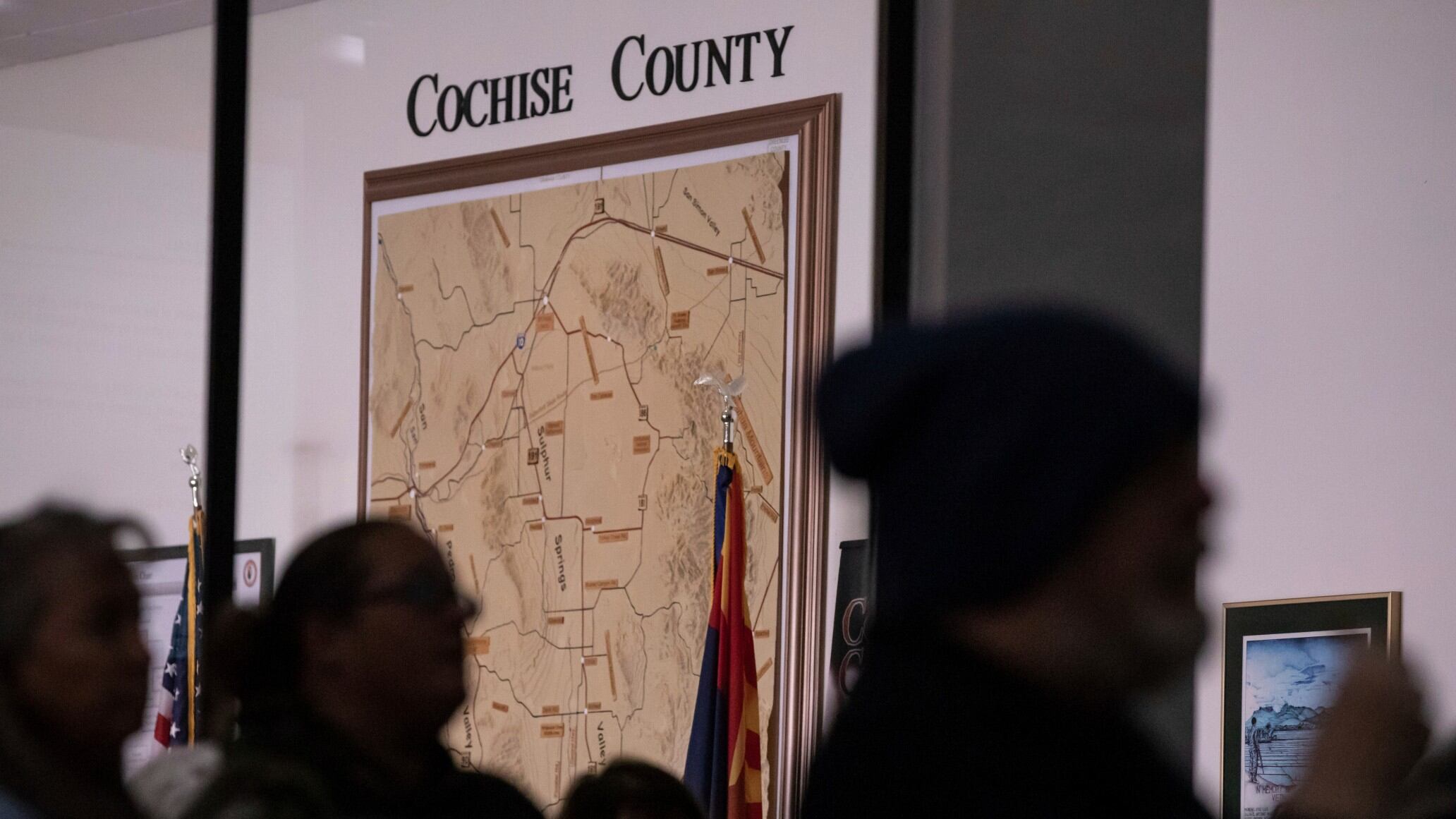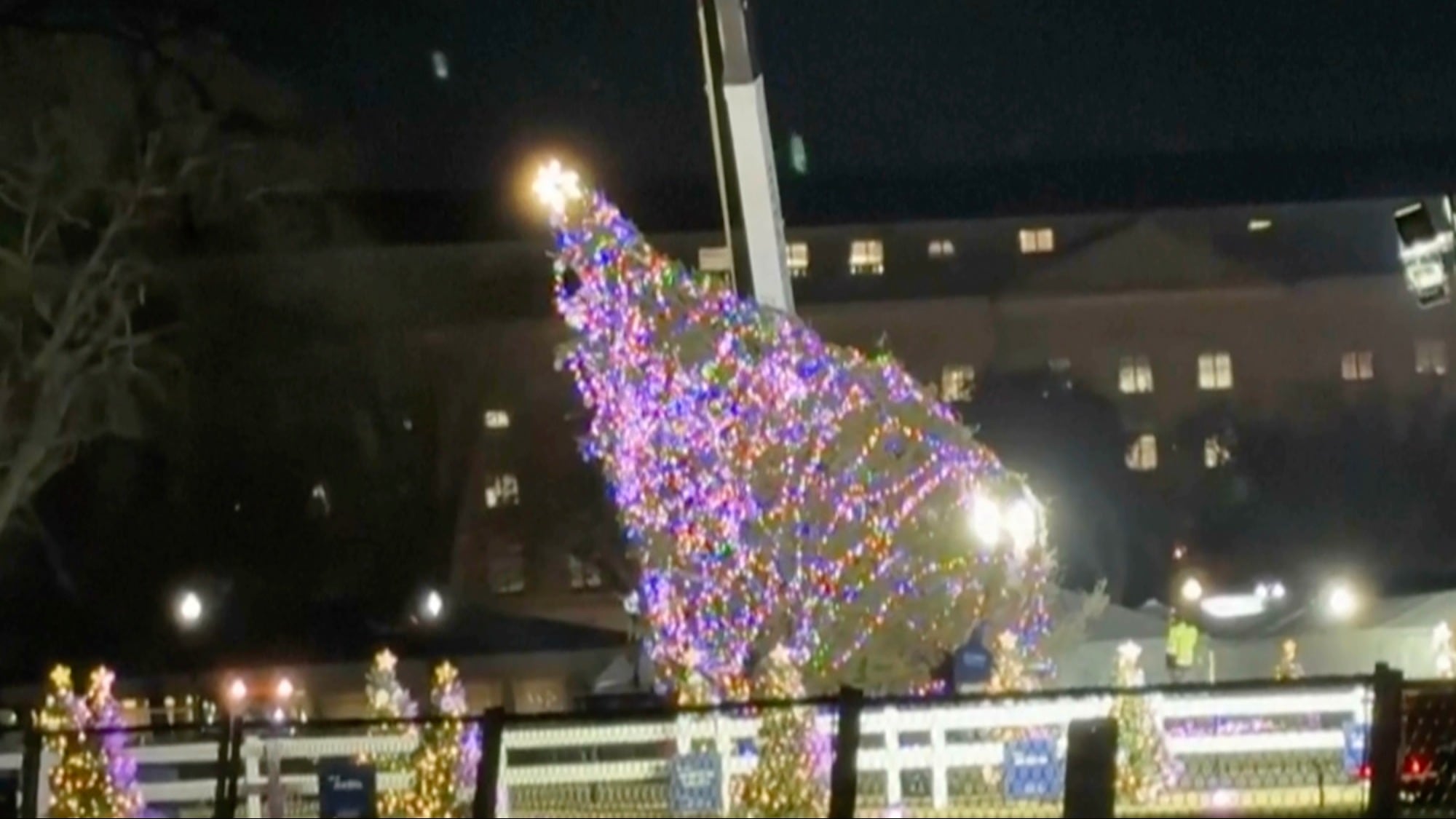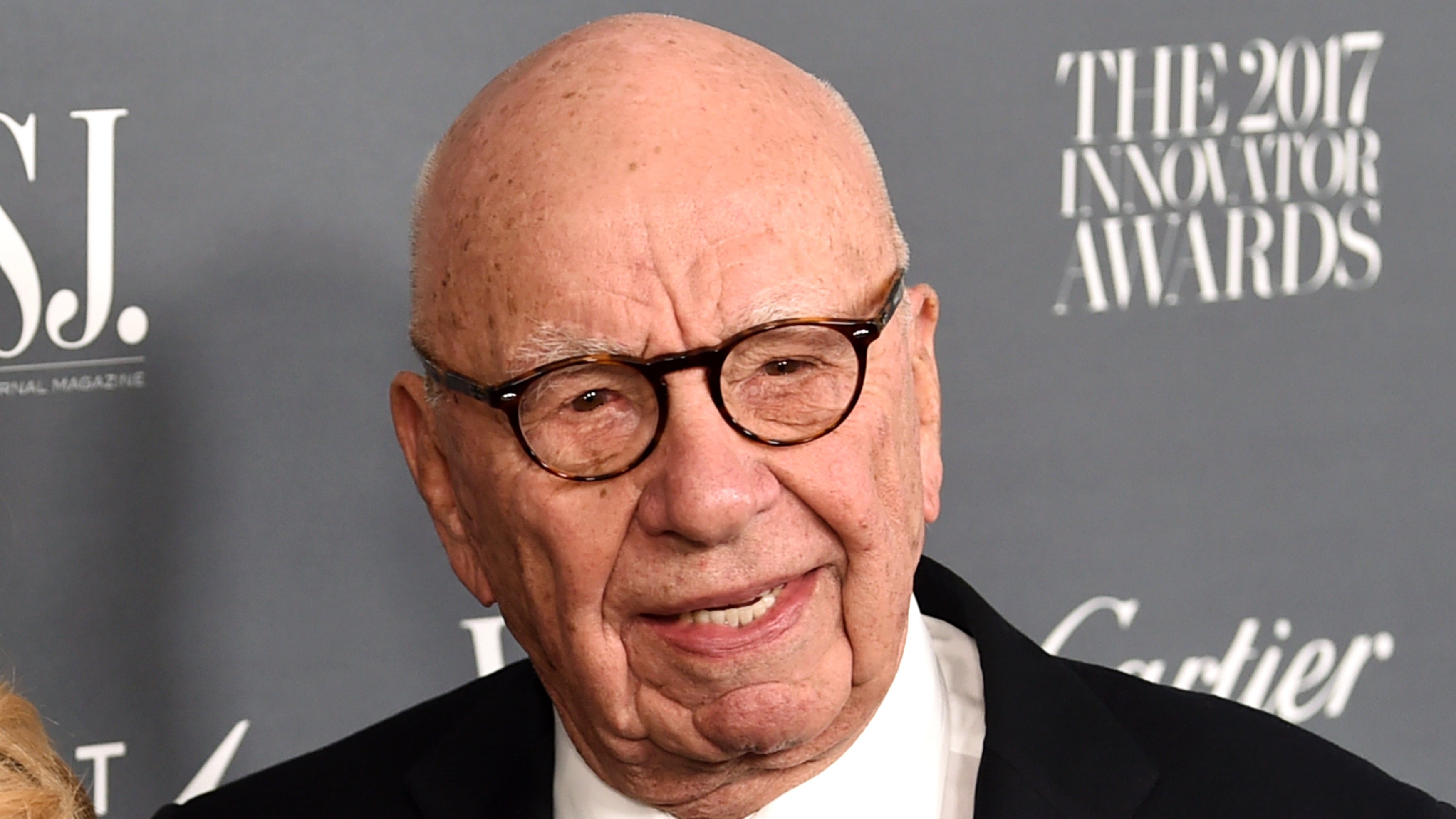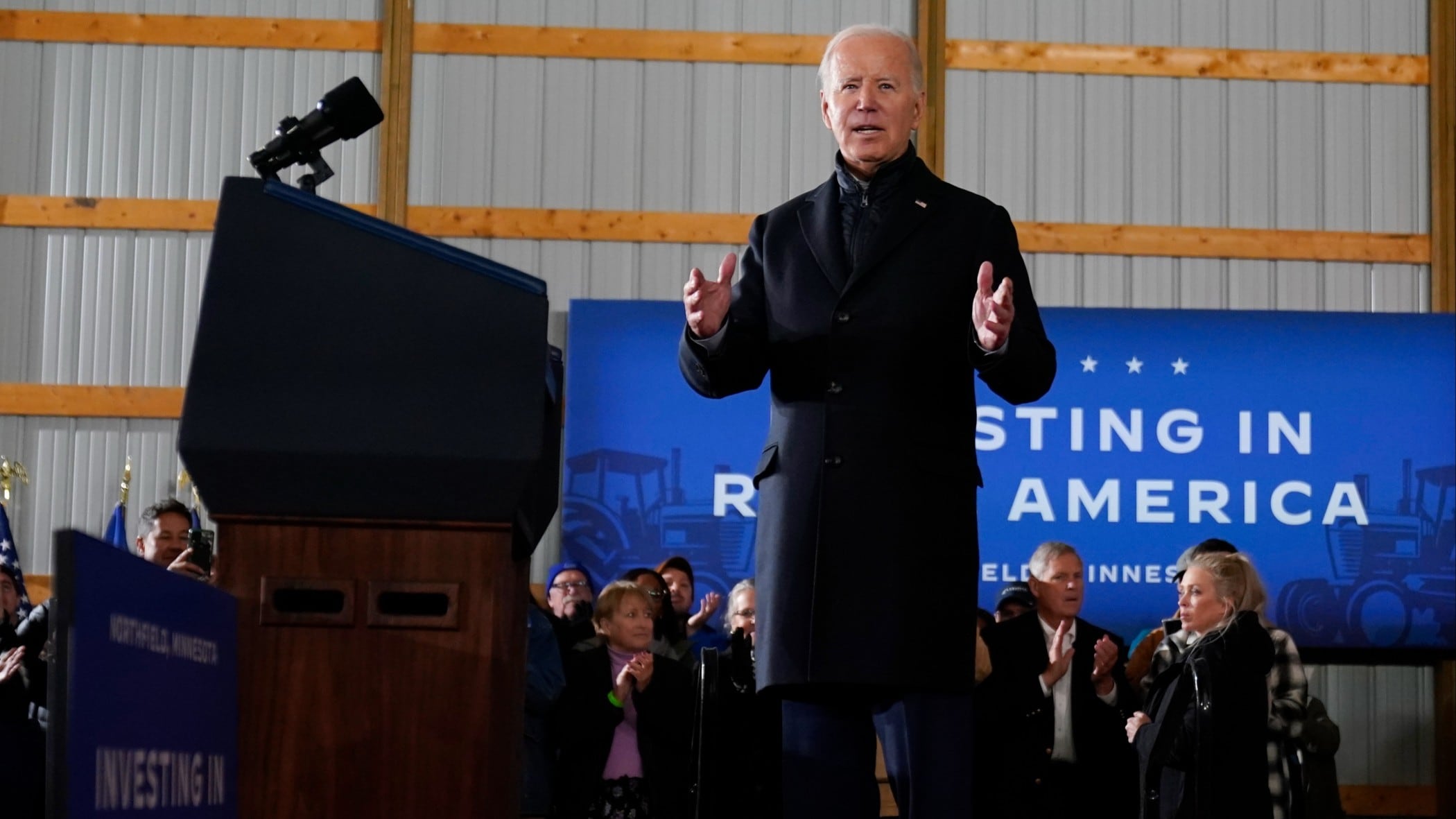By Sean Murphy
Oklahoma voters will decide Tuesday whether to make the state one of the most conservative to green light cannabis use for adults.
State Question 820, the result of a signature gathering drive last year, is the only item on the statewide ballot. Other conservative states have legalized recreational cannabis use, including Montana in 2020 and Missouri last year, but several have rejected it, including Arkansas, North Dakota and South Dakota.
The plan faces opposition from leaders of several faith groups, along with law enforcement and prosecutors, led by former Republican Gov. Frank Keating, an ex-FBI agent, and Terri White, the former head of the state's Department of Mental Health and Substance Abuse Services.
“We don't want a stoned society,” Keating said Monday, flanked by district attorneys and law enforcement officers from across the state.
The proposal, if passed, would allow anyone over the age of 21 to purchase and possess up to 1 ounce of marijuana, plus concentrates and marijuana-infused products. People could also legally grow up to 12 marijuana plants. Recreational sales would be subjected to a 15% excise tax on top of the standard sales tax. The excise tax would be used to help fund local municipalities, the court system, public schools, substance abuse treatment and the state’s general revenue fund.
The proposal also outlines a judicial process for people to seek expungement or dismissal of prior marijuana-related convictions.
Oklahoma voters already approved medical marijuana in 2018 by 14 percentage points and the state has one of the most liberal programs in the country, with roughly 10% of the state’s adult population having a medical license.
The low barriers for entry into the industry has led to a flood of growers, processors and dispensary operators competing for a limited number of customers. Supporters also say the state's marijuana industry would be buoyed by a rush of out-of-state customers, particularly from Texas, which has close to 8 million people in the Dallas-Fort Worth area just a little more than an hour drive from the Oklahoma border.
“We do have one of the most permissible (medical) programs in the country, but the idea that you have to spend your time and money to go to a doctor and basically buy immunity from criminal prosecution is a pay-to-play system that I just don’t like,” said Ryan Kiesel, a former state lawmaker and one of the organizers of the Yes on 820 campaign.
